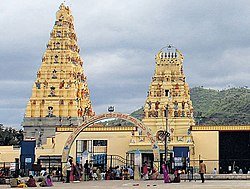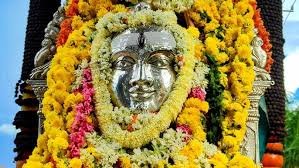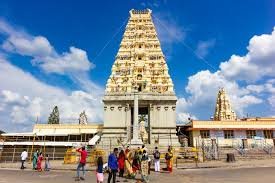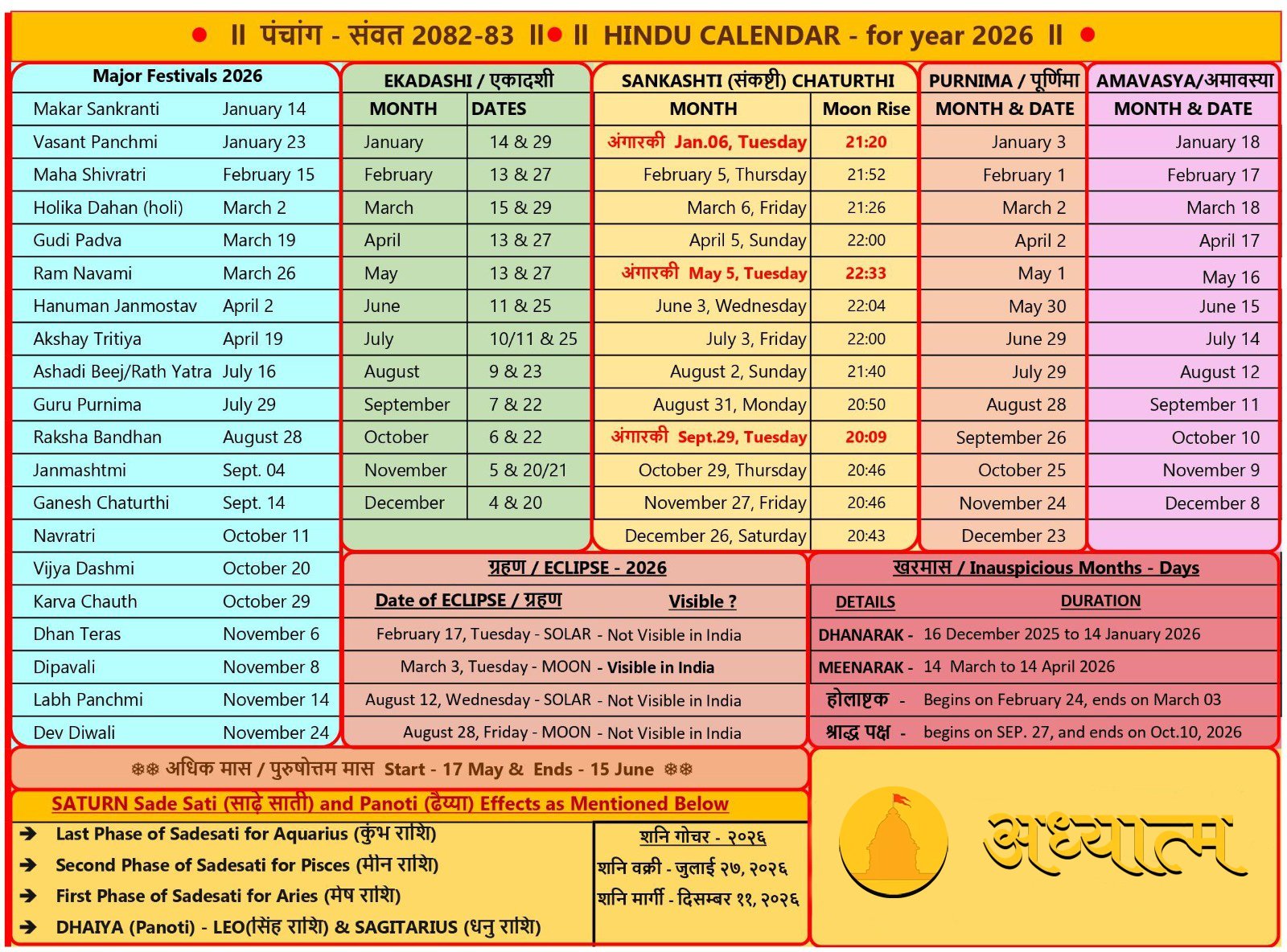Mahadeshwara (Male Mahadeshwara Betta) Chamarajanagar
Male Mahadeshwara Betta is a pilgrim town located in the Hanur taluk of Chamarajanagar district of southern Karnataka. It is situated at about 150 km from Mysuru and about 210 km from Bengaluru. The ancient and sacred temple of Sri Male Mahadeshwara is a pilgrim centre where Mahadeshwara lived, practiced medicine as Sidda, taught ahimsa to people in and around the seven hills. It draws lakhs of pilgrims from the states of Karnataka and Tamil Nadu. The area of the present temple surroundings is 155.57 acres (0.6296 km2). In addition, the temple has lands at Talabetta, Haleyuru and Indiganatha villages. Amidst dense forest, the temple attracts not only the pilgrims but also nature lovers. The height of the hill is about 3000 feet above sea level.
Junje Gowda is the legendary builder of the Male Mahadeshwara temple in hanur taluk of Chamarajanagara District. He was a local landlord belonging to the Kuruba Gowda community and a devotee of Shri Mahadeshwara Swamy. The Lord Sri Mahadeshwara is believed to be the incarnation of Lord Shiva. Historical evidences suggest that the Saint Mahadeshwara must have lived during the 15th century. About 600 years ago, he came here to perform penance and it is believed that he is still performing penance in the temple’s Garbha Gudi in the form of a Linga. The Linga, worshipped now in the Garbha Gudi, is a self-manifested (swayambhu) one. Sri Male Mahadeshwara Swamy was moving on a tiger known as Huli Vahana (Tiger as a vehicle) and performed a number of miracles around the Betta to save the people and saints living there. The Lord Sri Mahadeshwara’s miracles are sometimes sung by the village folk in Janapada Style.
The story of Mahadeshwara
According to legend, Male Mahadeshwara was born in Adijambava kula Kali Yuga That Lord Mahadeshwara visited the house of Junje Gowda, a wealthy landlord of the Kuruba Gowda caste and a devotee of the god Beredevara. There he performed miracles to convince Junje Gowda of his power and in the end won Junje Gowda to his following. Junje Gowda is said to be responsible for all the temples built in the mountainous region of eastern Karnataka called the Mahadeshwara Hills. But the Junje Gowda family is still living the village called Kadamboor, in Hanur taluk. Chamarajangar district.
According to tradition there are seven peaks identified in the legend – Anumale, Jenumale, Kanumale, Pachchemale, Pavalamale, Ponnachimale and Kongumale. These seven peaks together form the Male Mahadeshwara Betta. It is said that the saint Lord Mahadeshwara established a Mutt here for looking after the religious and cultural affairs of the people of this area. It is also said that, through his miracles, he enlightened and uplifted the hill tribes and made them his disciples. The people coming from these families have become hereditary ‘Archakas’ of the Mahadeshwara temple. The temple was under the control & management of Sri Salur Mutt established by the Lord Mahadeshwara himself until it was handed over to the Madras Government in the year 1953. After the formation of the state of Karnataka, the administration of the Temples is done to the
by the trust committee, appointed by the Karnataka Government under the Muzrai Department.














